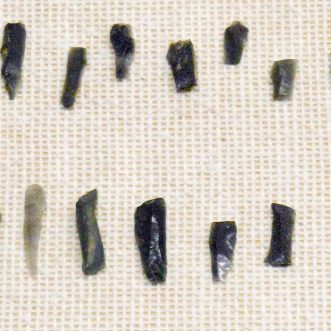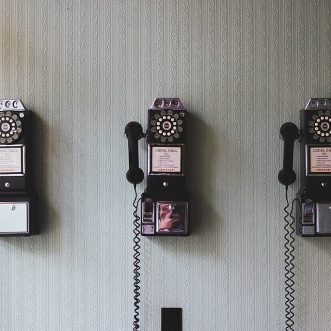
Archaeology
I’ve been reading a book on ‘Women in Prehistory’, in which the author quite rightly expresses caution about inferring social structures from archeological finds.
That reminded me an episode of ‘The Goodies‘, in which Bill Oddie attempts to reconstruct a prehistoric creature from a fragment of fossilised bone. The resulting creature is preposterous, because Bill’s assumptions about what the bone was and where it came from in the original animal are completely wrong.
It isn’t only ancient history that can be misinterpreted in this way.
If an archaeologist discovered your abandoned business tomorrow, what could they infer about how it works from the artefacts left behind?
What do today’s new joiners and new customers have to infer from the systems, people and processes they encounter when they arrive?
The advantage of writing down your Customer Experience Score is that nobody has to guess, or reconstruct the symphony from a single note.
There’s room for different interpretations of course, but they are very unlikely to be preposterous.









